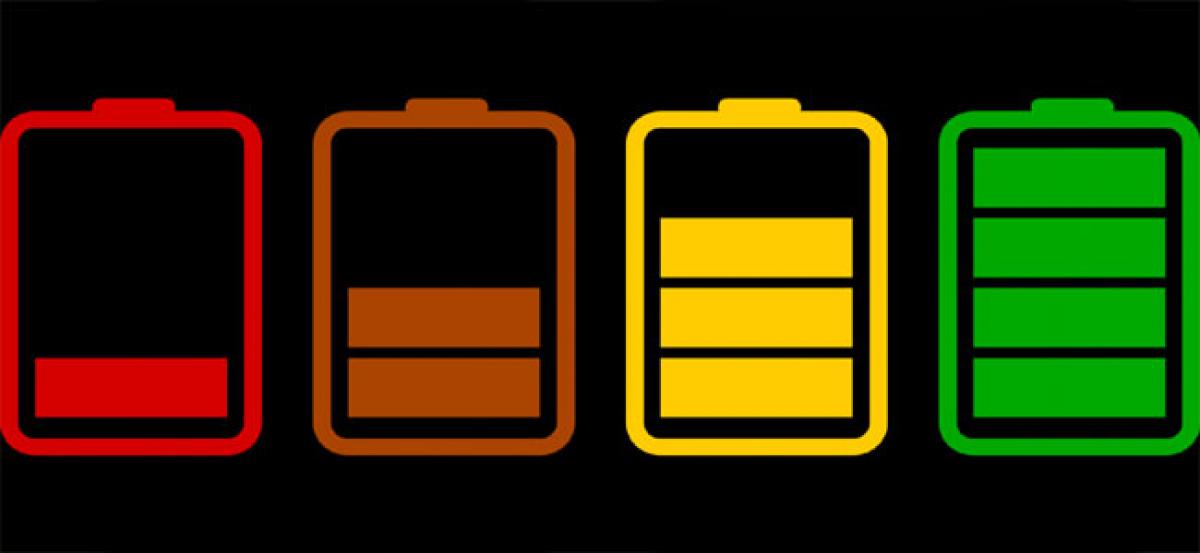
Materials and metals firm Leading Edge Materials Corp has welcomed comments from vice-president of the EC, in charge of Energy Union Maroš Šefčovic about the EU battery alliance.
The alliance consists of more than 50 of Europe’s strongest corporate voices within the emerging lithium ion battery sector, plus numerous support and government agencies.
It was established in recognition that despite world-leading research and a broad customer base particularly in the automotive industry, Europe was not playing a significant role in the production of lithium ion batteries.
LEM is the only potential supplier of natural graphite anode material in the group, which means it has a clear voice on the sustainable supply of European raw materials.
On February 23, Šefčovic set out a number of key priorities for the group.
These include to invest in R&D (research and development) and pilot plants to take a lead in the processing of raw materials.
To build European alliances between industries from different parts of the value chain and politics to boost mining and intermediate product production in the EU, to define cell manufacturing as a strategic industry.
Also, the group aims to define and implement certification/labelling of batteries made in Europe.
“Our objective for the alliance is simple, but the challenge is immense. We want, almost from scratch, to create a competitive and sustainable, battery cell manufacturing in Europe supported by a full EU-based value chain.”
“With graphite, lithium, rare earth and cobalt assets located in the Nordic region, Leading Edge Materials can deliver a unique opportunity to European investors to take part in the high-growth lithium ion battery market,” the firm has said previously.







